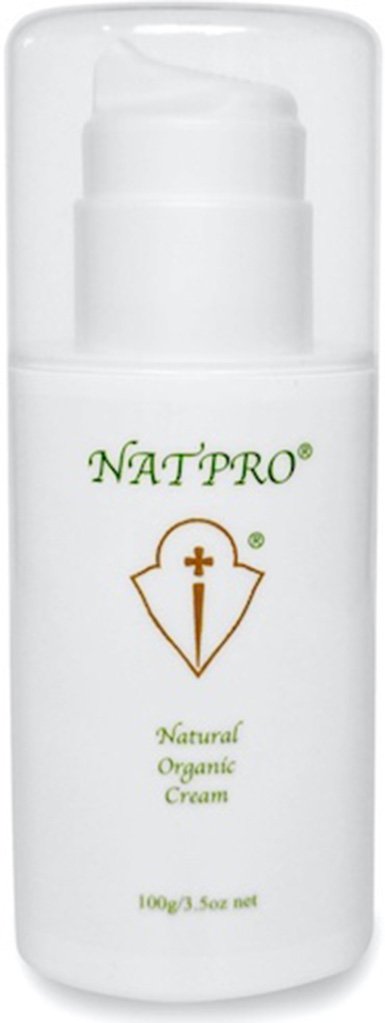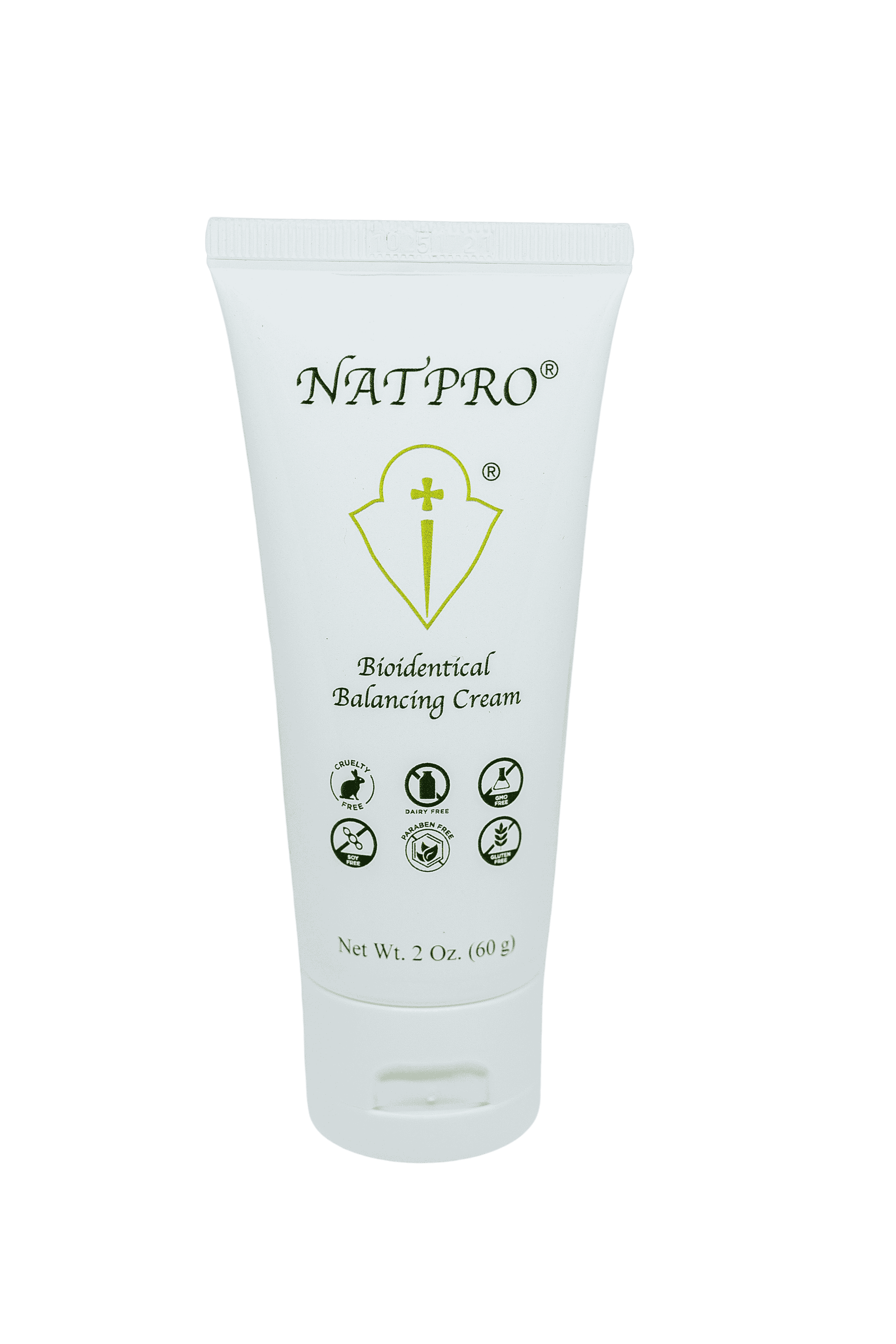Lab result ranges
Dear Wray,
I stumbled upon your site when I was looking for a link between my symptoms and hormone imbalance. Thank you so much for all of this invaluable information about progesterone. I recently turned 30, but feel as though I'm twice my age. I've had persistent hair loss (for a year and a half now), low energy, terrible memory, cold hands/feet, low libido, bouts of dizziness, etc. I have a feeling all of this stemmed from the Yaz BC pill I took for almost 3 years. All of my symptoms started about a year after I was off the pill.
I've been on Armour thyroid medication for about a year (on higher and lower dosages), but it doesn't seem to be helping (I'm borderline hypothyroid). After reading your information about how thyroid problems can actually stem from low progesterone, I'm ready to start the progesterone treatment pronto! I did, however, want to actually have my levels tested first. I went to an endocrinologist yesterday, and specifically asked for my progesterone to be tested. She said she doesn't usually test for progesterone unless a woman wants to know if she's ovulating to try to become pregnant. I lied and said I was trying to get pregnant. After that, she talked about putting me on synthetic thyroid medication! She didn't even know that a side effect of the synthetic kind is hair loss! Oh boy, I have no faith left in doctors.
Anyway, she told me to wait to get my hormones tested until the 21st day of my cycle when progesterone apparently peaks. She ordered the lab to test me for estradiol, FSH (follicle stimulating hormone), progesterone, and prolactin. My question for you is this: do you happen to know what the proper range is for these hormones? I just don't want to be told that I fall within "normal range" when their definition of normal doesn't jive with optimal health.
Thank you,
Brittany

